Francis Ford Coppola’s legacy remains iconic to this date because he shaped cinematic history, which included the monumental The Godfather. His career has spanned decades, and the filmmaker has navigated the tumultuous waters of Hollywood, so his journey has been marked by both triumphs and some controversies.
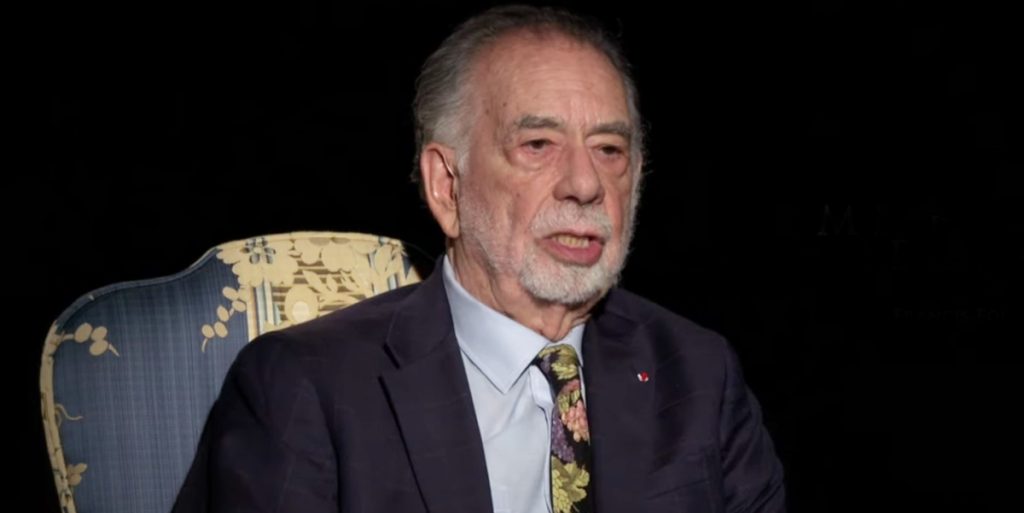 Credits: Francis Ford Coppola via Jake’s Takes / YouTube
Credits: Francis Ford Coppola via Jake’s Takes / YouTubeAs he returns to the director’s chair with Megalopolis, in his latest project, the filmmaker reflects on the techniques and strategies that have defined his approach to storytelling and character development. Amid the excitement of new beginnings, Coppola has once again turned to innovative methods to capture the essence of the characters in his movie.
The Weird Thing That Francis Ford Coppola Used in The Godfather
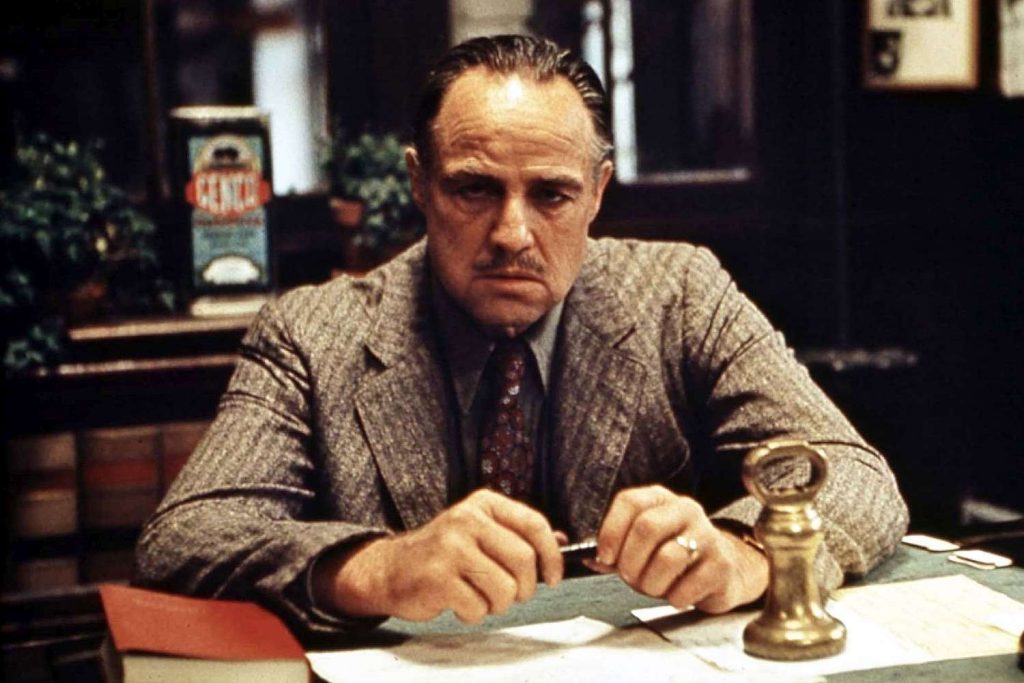 Marlon Brando in The Godfather (1972) (Credit: Paramount Pictures)
Marlon Brando in The Godfather (1972) (Credit: Paramount Pictures)Francis Ford Coppola is known for his ingenious strategy for rehearsal in Megalopolis echoes his earlier approach with The Godfather, which created a lasting cinematic legacy. The director famously arranged a pivotal dinner scene with the cast of the epic crime saga, positioning Marlon Brando at the head of the table to establish the familial dynamics that would become a hallmark of the film.
This gathering was more than just a meal, it was a deliberate setup to polish the tone for the complex relationships that played out in the Corleone family. In a recent interview with the Rolling Stones, Coppola shared, “I did a weird thing with Megalopolis because I could only rehearse with about a third of the cast.” So he utilized understudies in his rehearsals and managed to create an experimental environment where actors could explore their characters in depth, even when the whole cast wasn’t present on the set.
“It was a very creative, interesting week of rehearsals. You could see the actors find the characters. he explained. This technique not only mirrors his innovative rehearsal style from The Godfather but also illustrates his ongoing commitment to fostering a collaborative atmosphere on set.
Among the cast, Aubrey Plaza and Nathalie Emmanuel also stepped into the rehearsal spotlight, but it was Shia LaBeouf’s presence that truly captured the director’s heart. Coppola noted, “Shia really took to it. He deliberately sets up a tension between himself and the director to an extreme degree.”
This improvisational spirit resonates with Coppola’s earlier experiences, where he often pushed actors to explore the boundaries of their roles, reminiscent of the challenges he faced with the enigmatic Brando.
Francis Ford Coppola’s Journey to Megalopolis
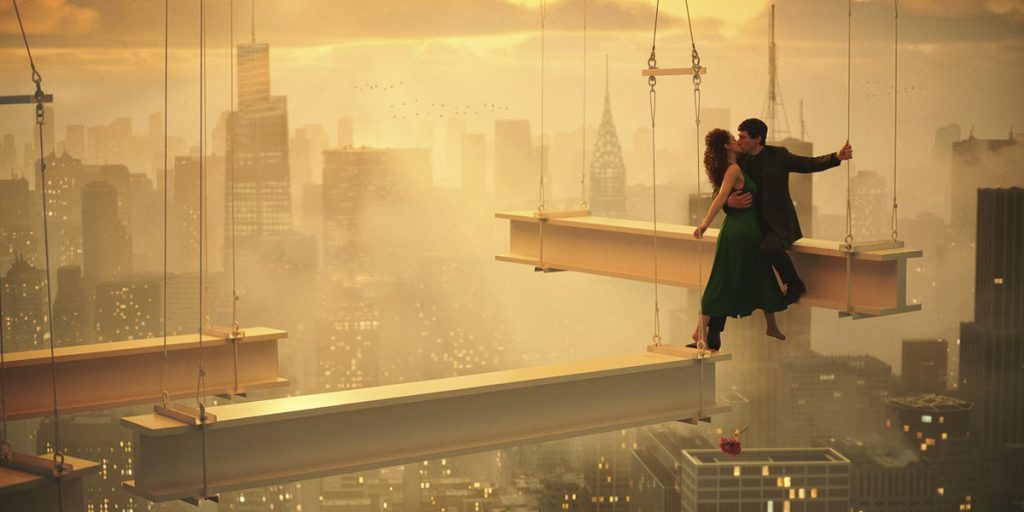 Credits: Megalopolis / Lionsgate Films
Credits: Megalopolis / Lionsgate FilmsThe journey to Megalopolis has been long and driven for Coppola, who describes the project as a labor of love reflecting his vision of a city caught in the throes of political and social upheaval. “Megalopolis is a film about the death and rebirth of a republic,” the director stated, in an attempt to highlight the themes of his much-awaited movie.
At one moment in the interview, he revealed, “The Godfather opened up the world to me and gave me the ability to talk to virtually anyone in the world.” This profound connection to his earlier work not only informs his approach to Megalopolis but also showcases the huge impact The Godfather has had on his life and career.
As Francis Ford Coppola continues to innovate and inspire through Megalopolis, his journey remains intertwined with the lessons learned from his past masterpieces. By revisiting the rehearsal techniques that contributed to the success of The Godfather, he is not only honoring his legacy but also shaping a new narrative for future generations of filmmakers.
.png)
 2 hours ago
6
2 hours ago
6
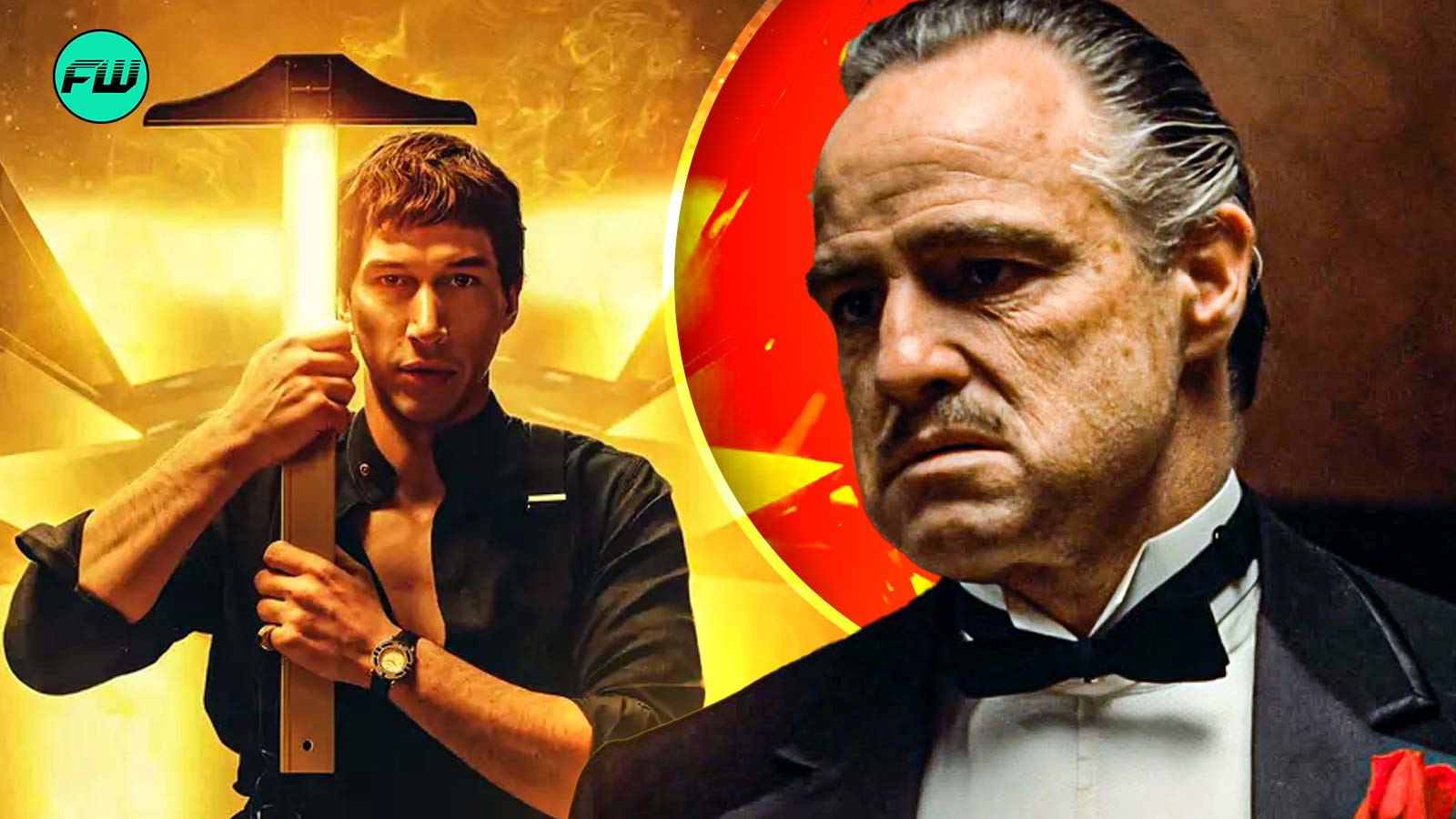



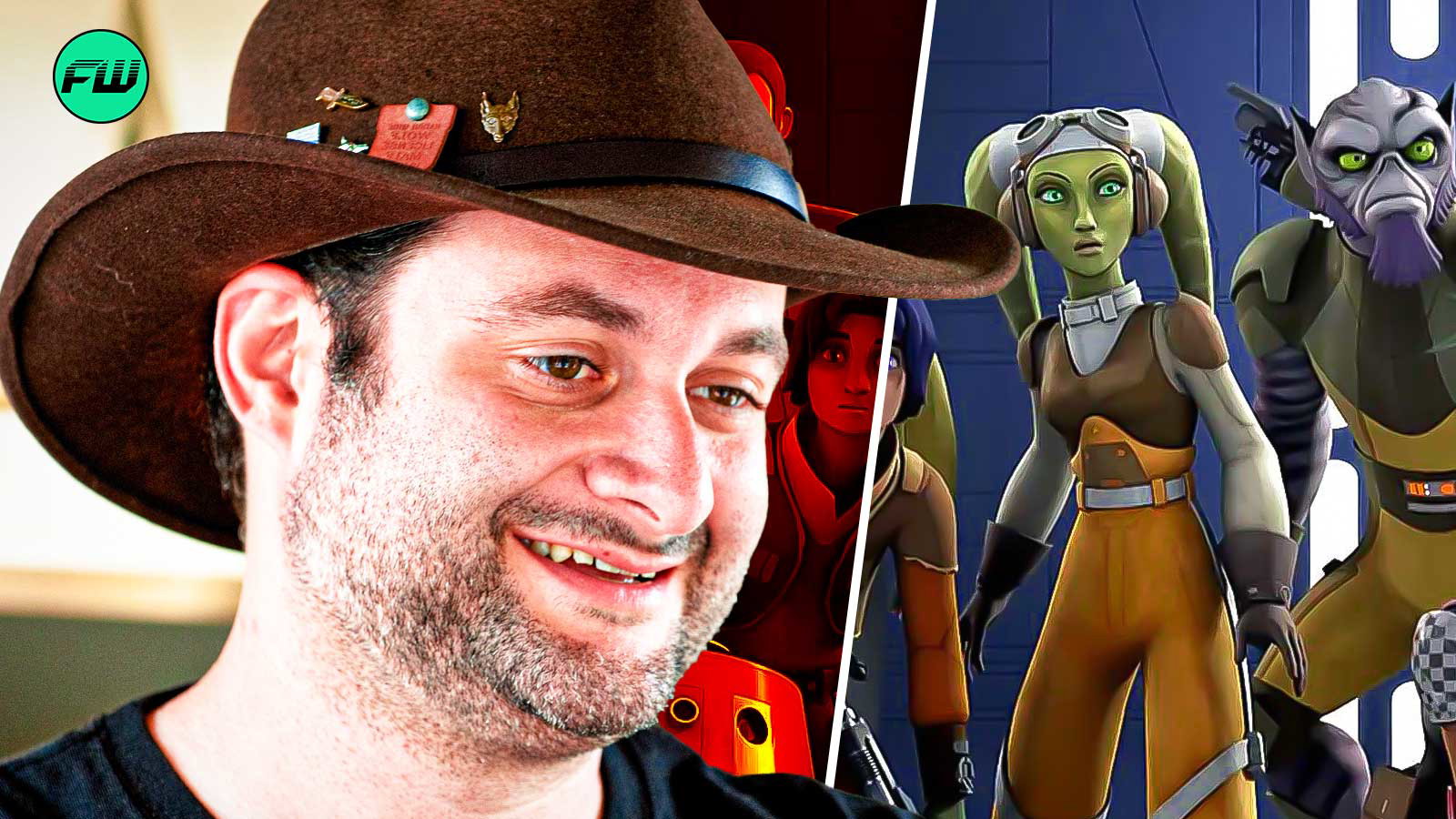

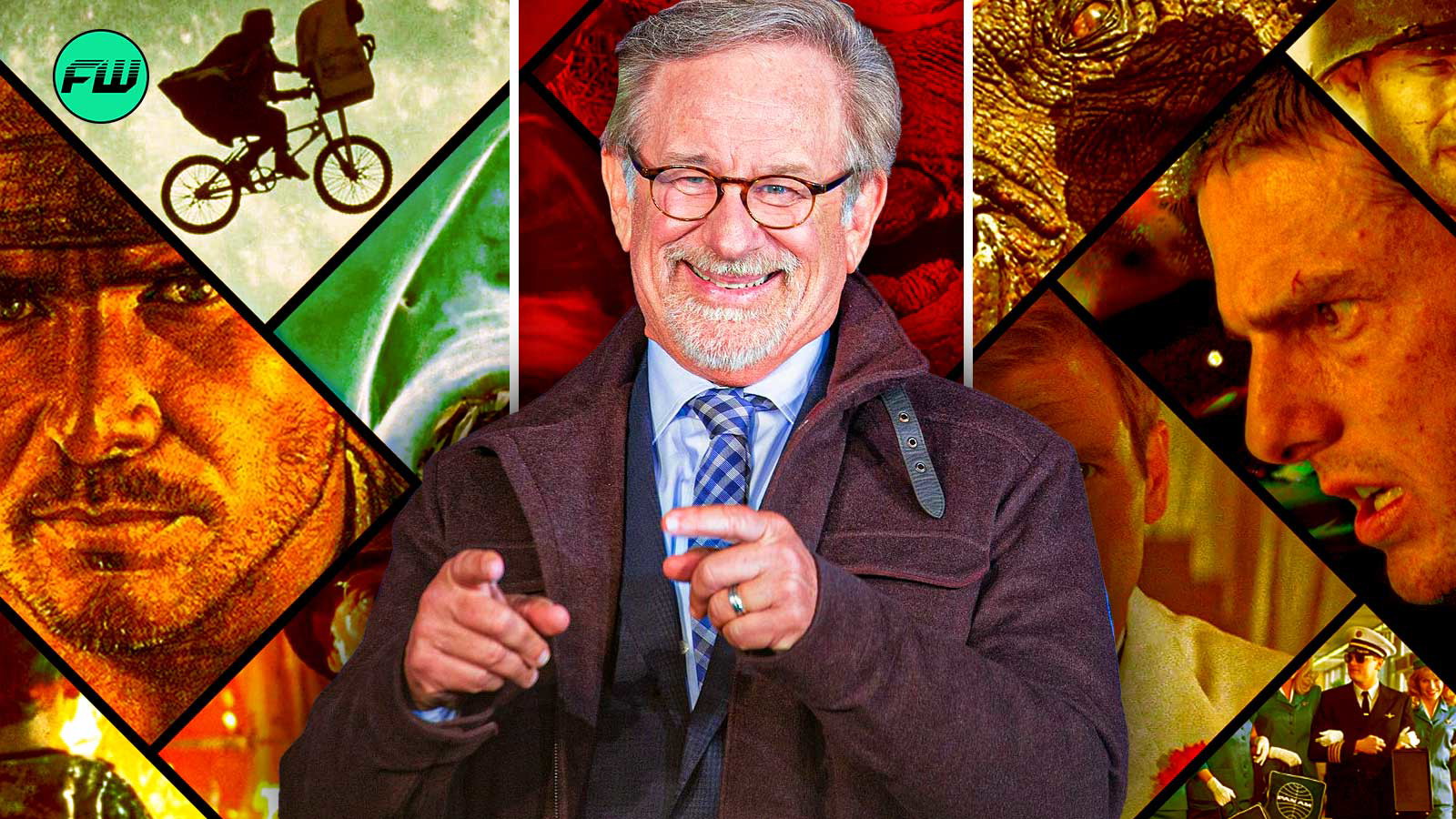
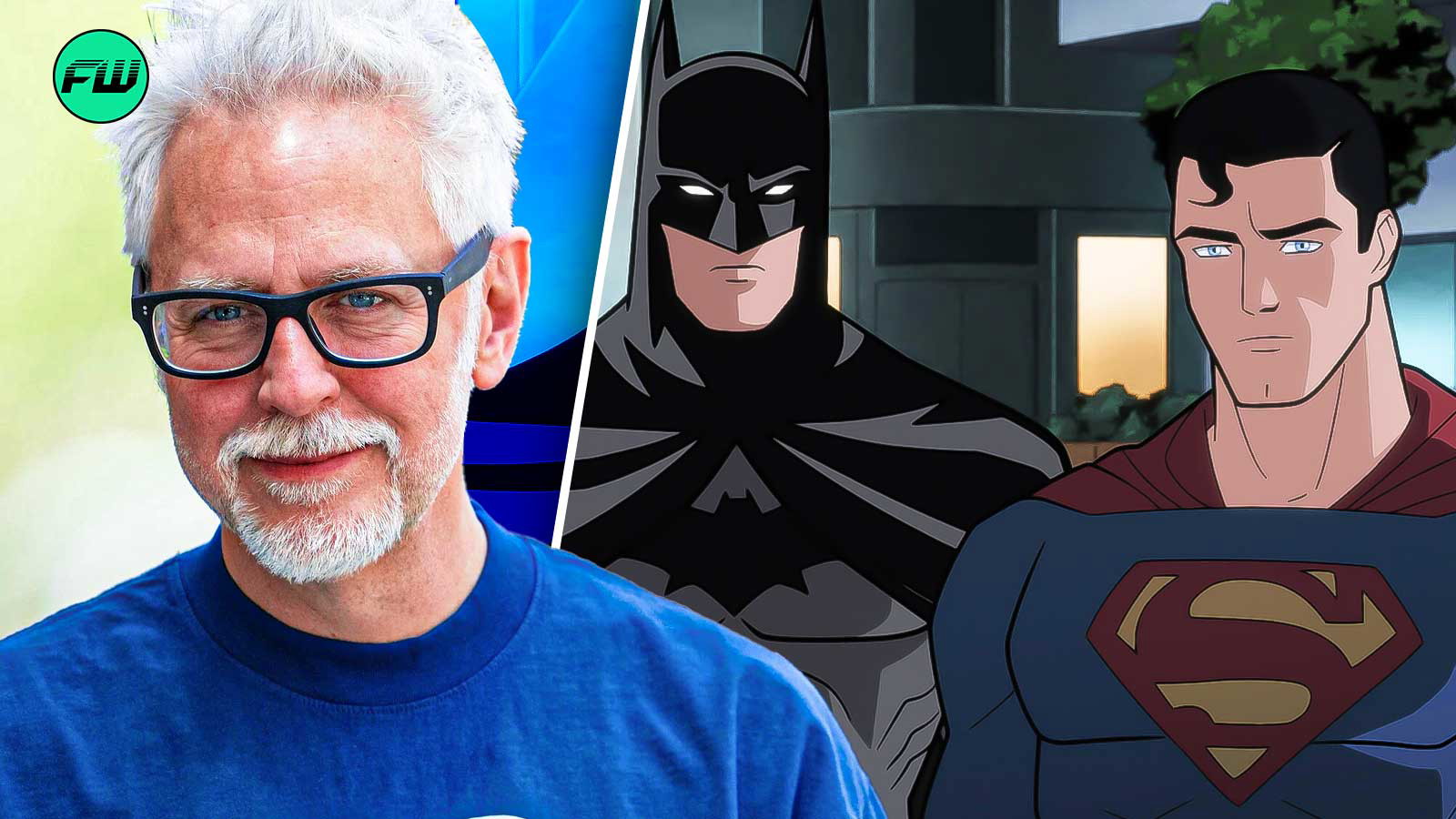
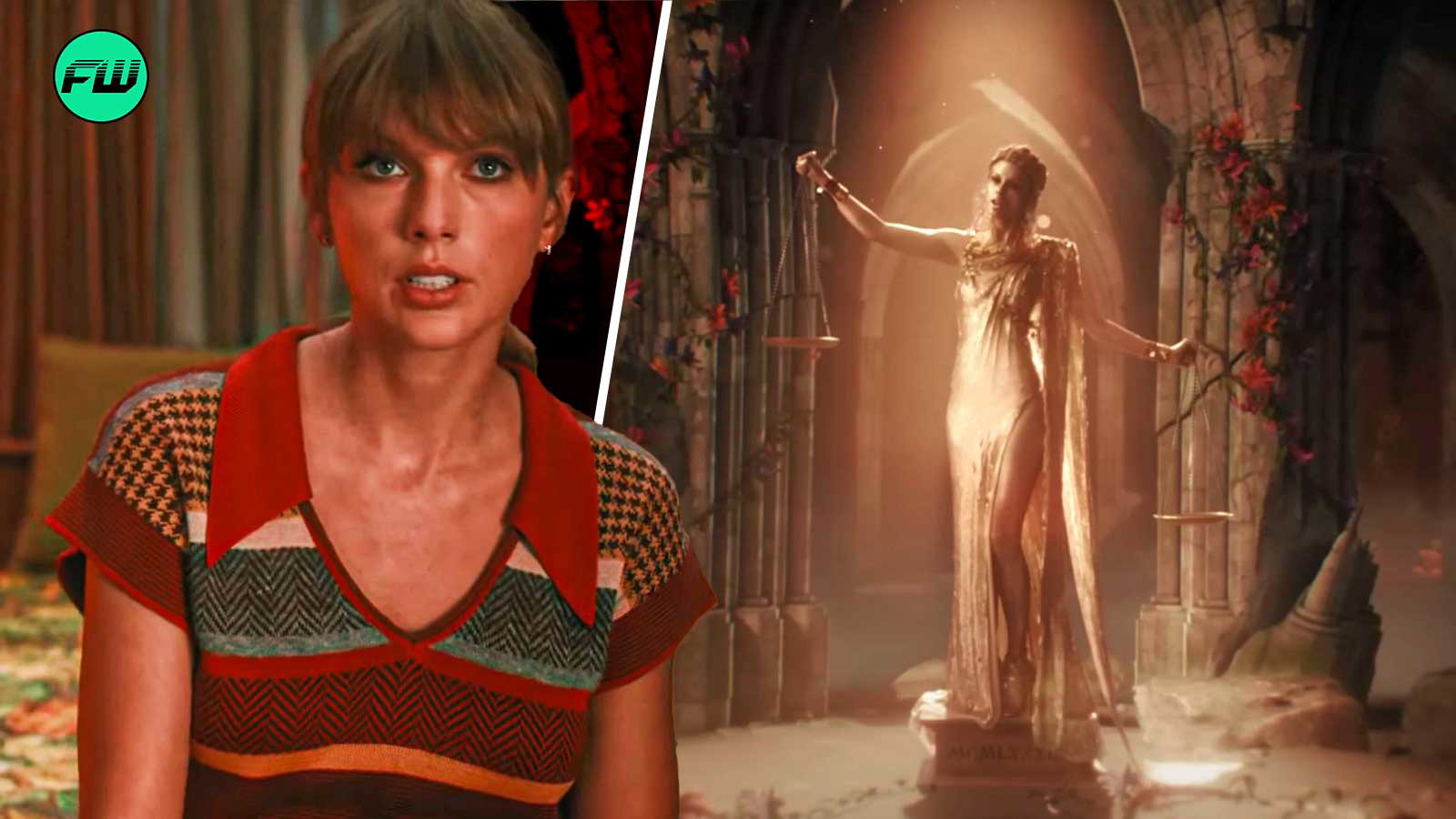
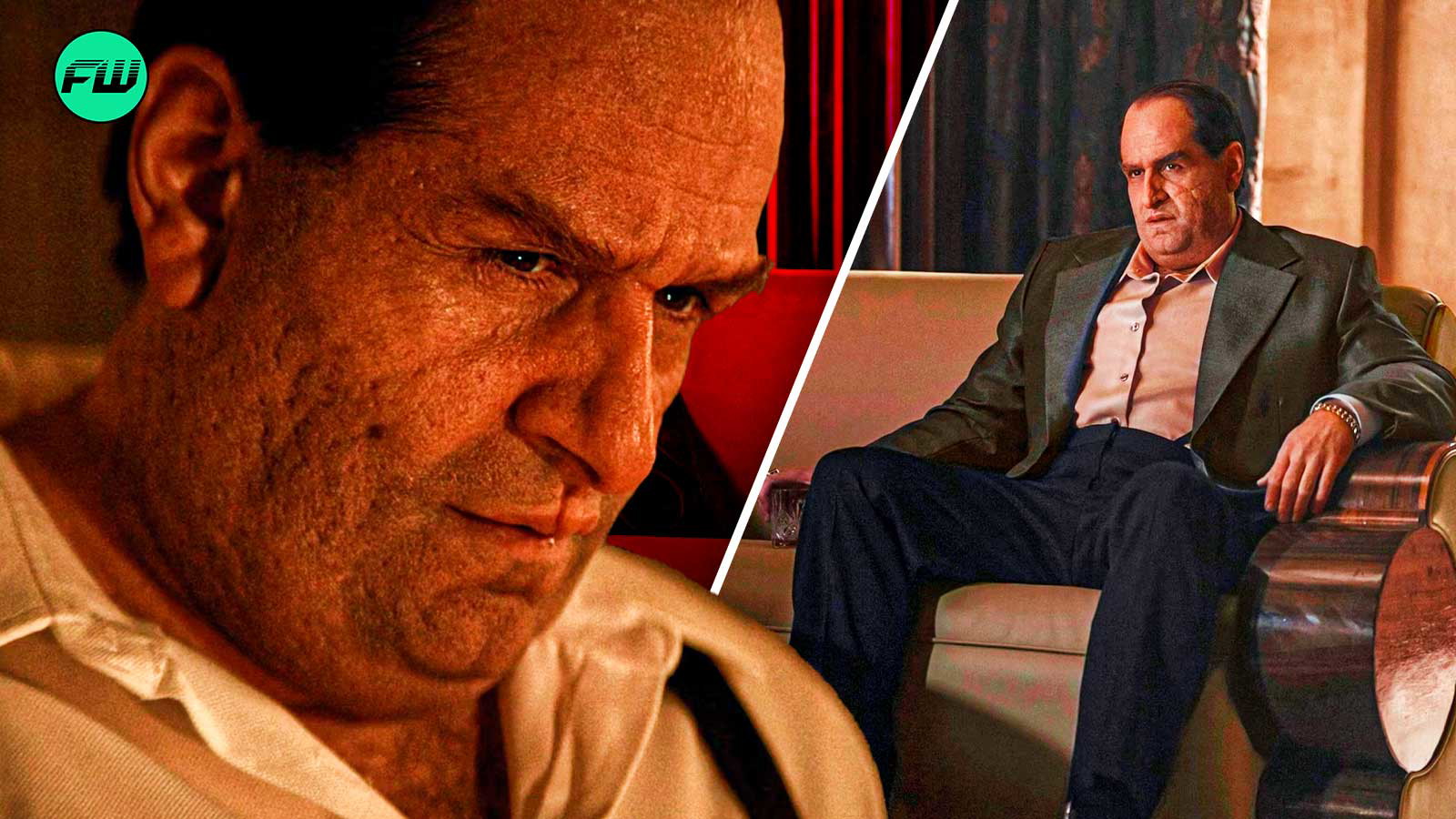
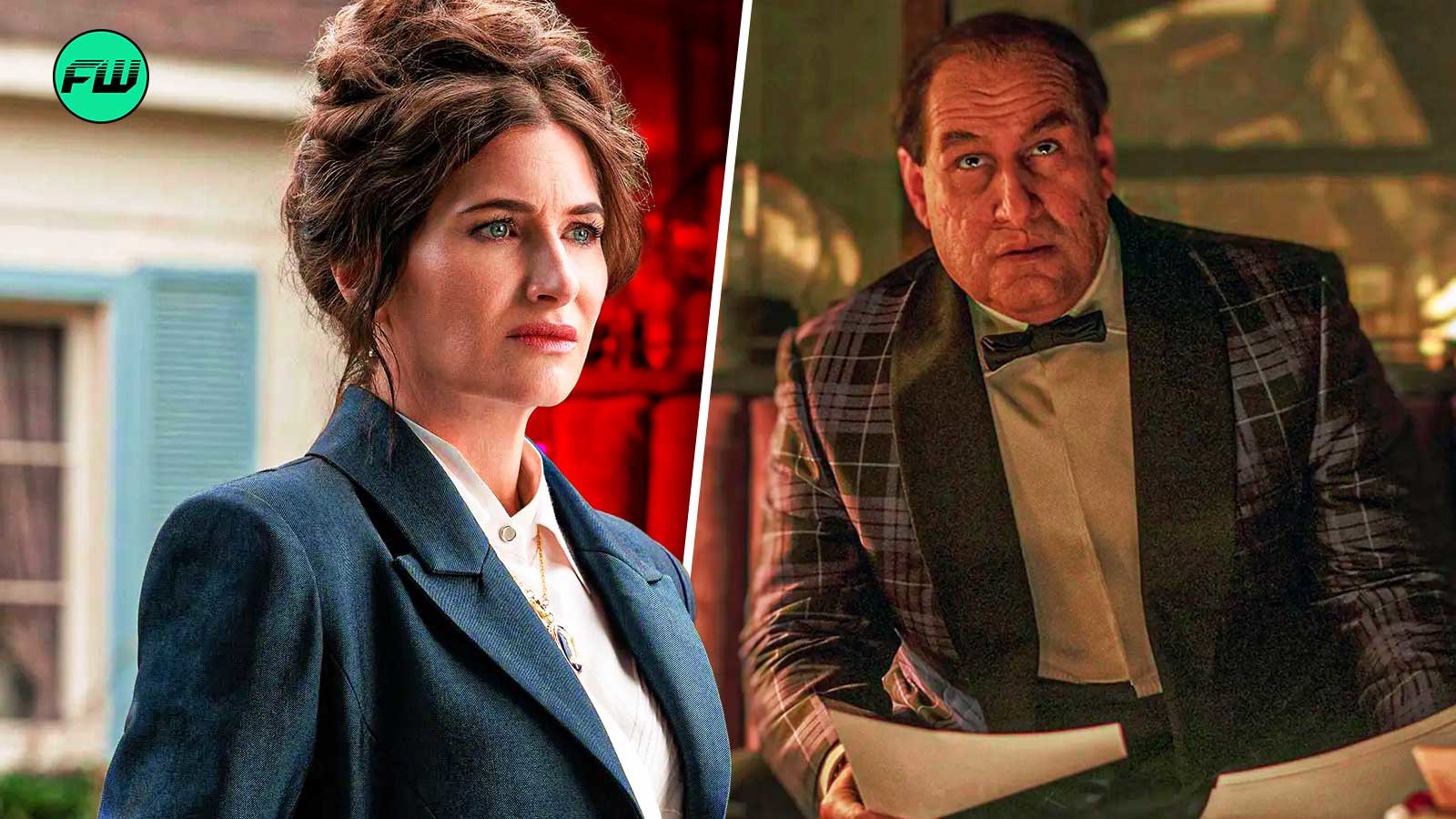




















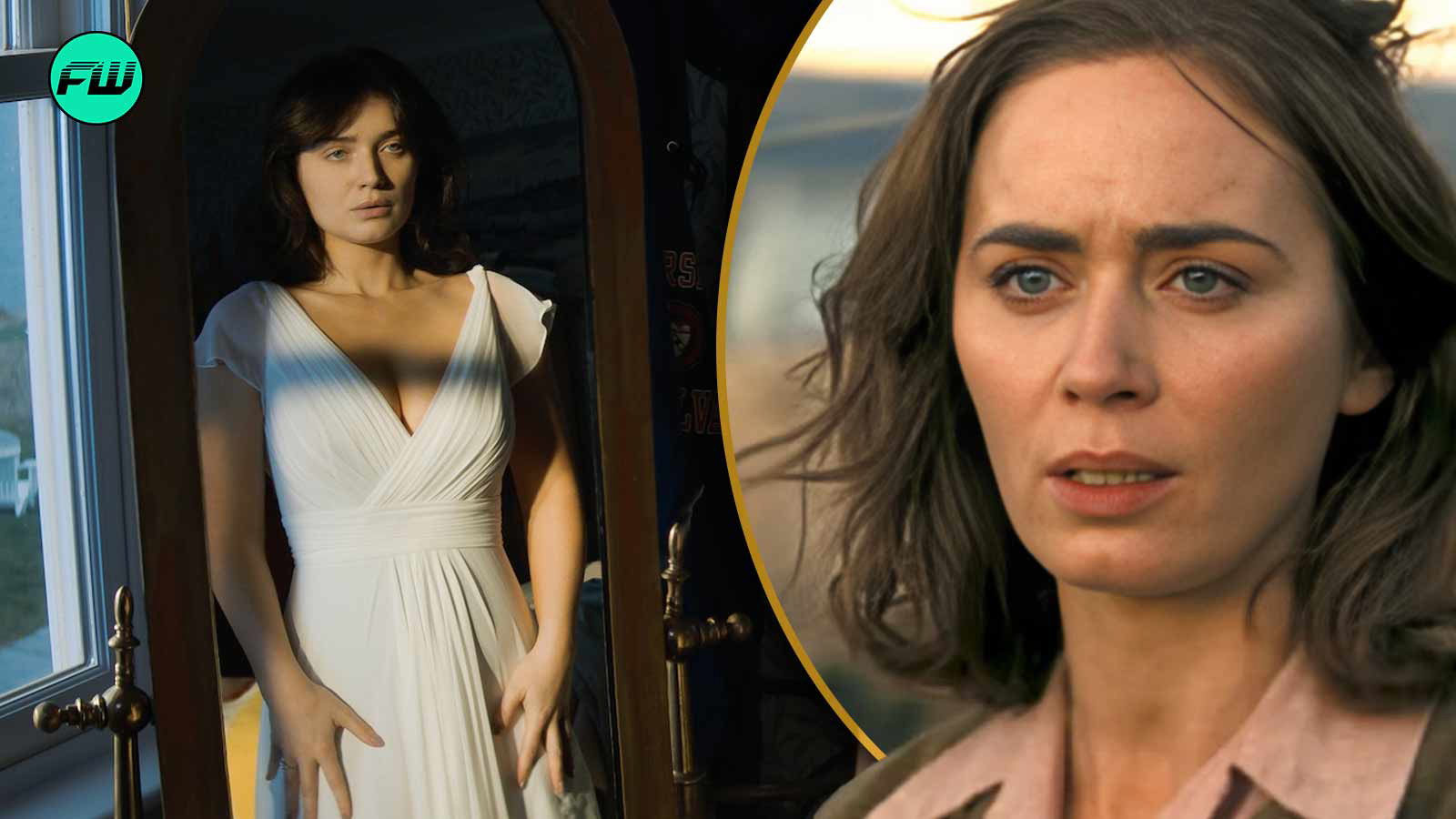
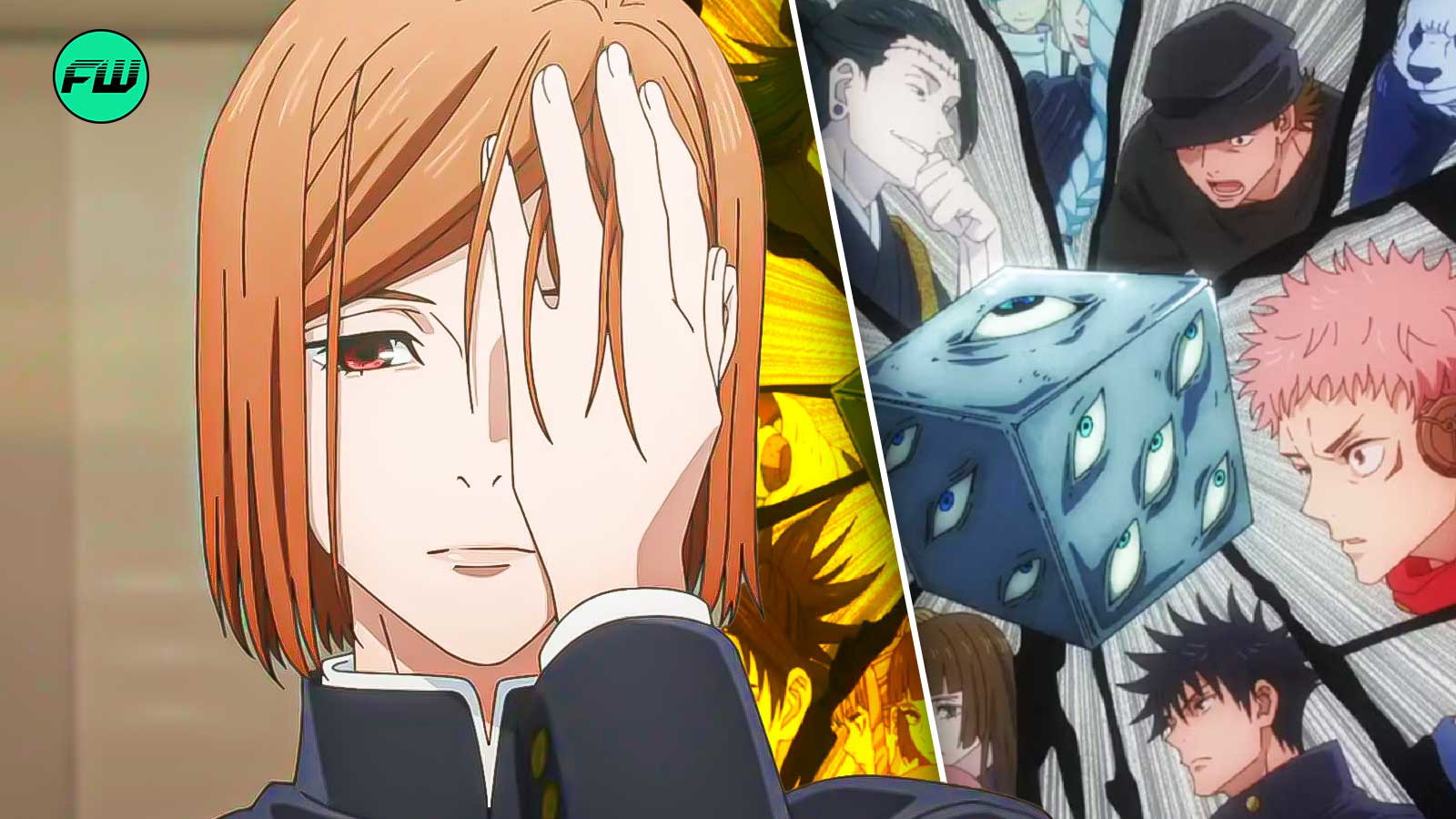
 Bengali (BD) ·
Bengali (BD) ·  English (US) ·
English (US) ·